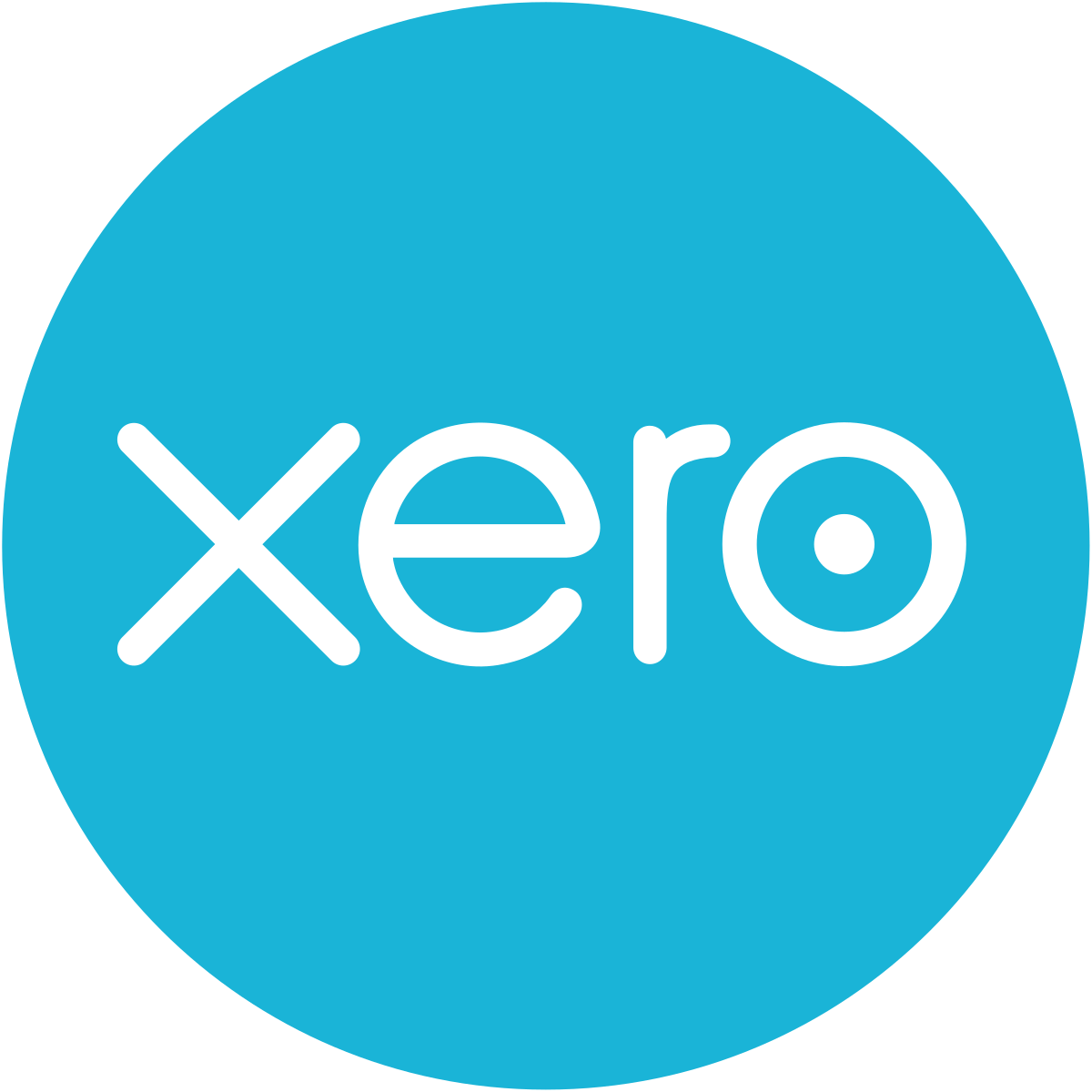Accounting has progressed massively over the last few years, largely due to cloud-based accounting software.
While some still prefer the more traditional ways of working with ledgers and physical spreadsheets, cloud accounting brings a wealth of benefits to the table.
If you’re not familiar with cloud accounting, here’s why you should consider moving into the digital space.
What is cloud accounting?
Quite simply, cloud accounting is the use of internet-based software to store and keep track of your accounting data.
As well as having an extra level of security, cloud accounting allows you to access your financial information anywhere in the world at the press of a button.
Many accounting processes are switching to digital, so there’s no time like the present to think about adopting these new methods.
Extra security
As mentioned above, cloud accounting is a much safer way of storing your financial information.
Instead of having your documents locked away in a filing cabinet, your data is stored behind firewalls in the cloud. This means that access to these documents will be hidden behind your password, making the only people privy to this information you and your accountant (once you have allowed them access).
With cloud accounting software, your financial information is still secure from online attackers. Common security features include two-step authentication and hierarchical security access levels.
Cloud accounting software will also protect your information from being misplaced. All you need to do is log into the app on your phone or laptop, and the information will all be there for you.
It will also protect you from any unforeseen circumstances. Should your office flood, a fire break out or something equally unfortunate happen, you won’t need to worry about your files being damaged or destroyed.
Real-time information
You may have struggled to organise a sit-down meeting with your accountant before, especially during the Covid-19 pandemic.
Well, with cloud accounting, both you and your accountant will be able to access your financial feed simultaneously, meaning you won’t have to schedule time in your calendar to go over the numbers.
You’ll also have live reports from your back-of-house systems fed directly to your cloud accounting app. This means even if you have the day off from work, you can track your sales, although we’d probably recommend taking the time to relax. It also makes discussions with your accountant – even those over the phone – far more efficient and useful.
Integrations
One of the best features of cloud accounting for business owners is the option to integrate your other systems into the software.
For instance, if you run a retail or eCommerce business, you’ll be able to link your chosen software package to your sales platform, which will allow you to access invoices instantly and track sales by the minute.
Payroll can also be integrated into your cloud accounting package. Xero, for example, will allow you to calculate your team’s wages, make the necessary deductions, and email payslips directly to your employees. Not only will this save printing costs, but make your business greener.
Making Tax Digital
You’ve probably already seen adverts on television and posted around the internet about Making Tax Digital (MTD).
Under MTD, virtually every UK business will eventually have to use accounting technology that can connect to HMRC’s systems to submit tax returns and keep digital financial records.
MTD-compatibility is fairly standard for cloud accounting software to include, meaning signing up for an app like Sage or Xero will be an extremely convenient way to keep up with your MTD obligations.
MTD has already been rolled out for VAT returns and will soon be implemented for self-assessment tax returns. MTD for corporation tax will be introduced no earlier than 2026.
Take the leap forward
It isn’t always easy to change your working nature, but with the help of the Glen C Rodger team, you will be able to ease yourself into the new processes that come along with cloud accounting.
Get in touch to find out more.

